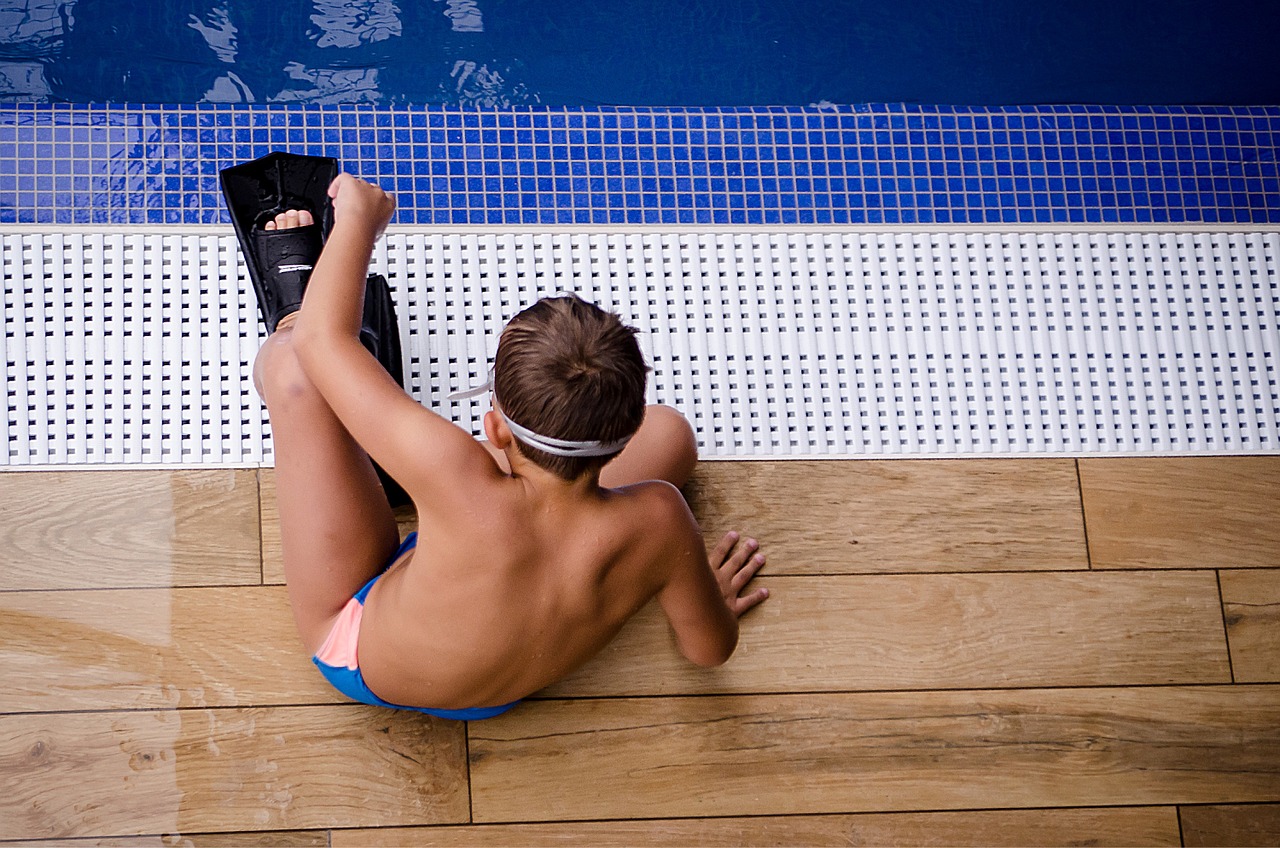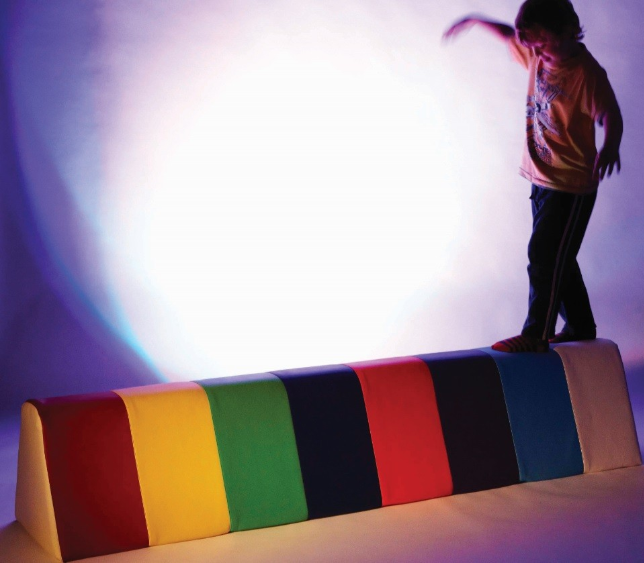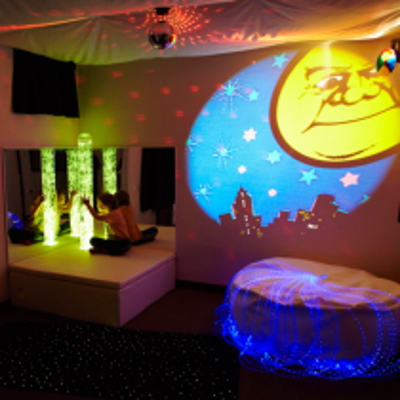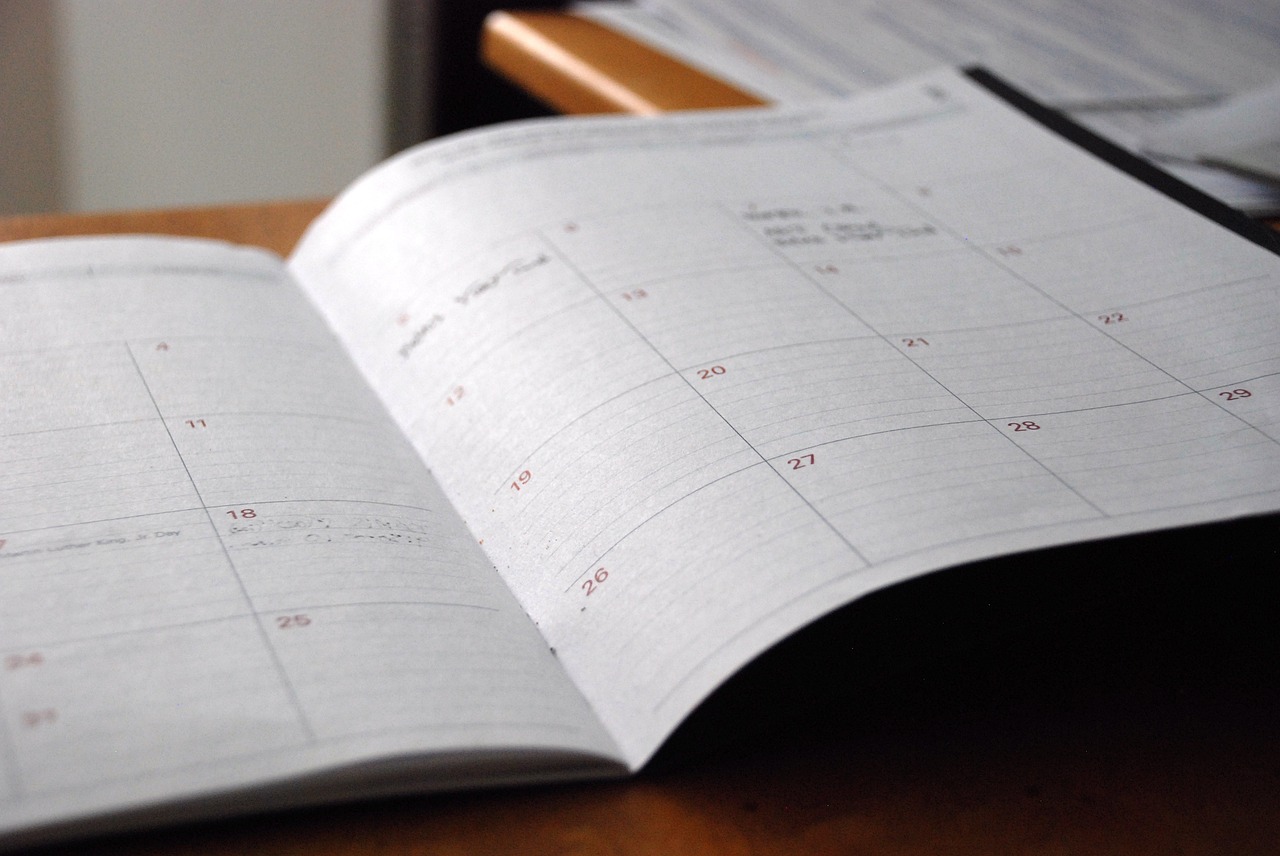Attention Deficit Hyperactivity Disorder (ADHD) affects thousands of students, adults, and seniors each day. It results in an inability to attend on command or to hold attention when necessary. Though medication and therapies may be appropriate, teachers, parents, and caretakers are often left to their own strategies when it comes to effectively dealing with ADHD. A good sensory diet can be of help with some individuals and even for those without ADHD. Feeding our sensory system not only provides it with much-needed input but can provide it with the right form of sensory input to maximize functional outcomes and overall well-being. Let’s take a look at some key ways you can optimize the sensory diet for ADHD.

It’s just basic, but the more we move, the healthier our brains as the body can be a healthy trigger for the mind. As our joints are compressed and our muscles are pulled, endorphins are released and respiration is increased and focus draws to the body. So, get yourself and your ADHD individual involved in some sort of regular daily or 3x weekly exercise such as yoga, ball sports, gymnastics, walking, running, karate, and so forth.
With that said, heavy work for the body can be in the form of sweeping, mopping, cleaning up, doing laundry, vacuuming, raking, taking out the garbage, etc. Routine chores not only help with the body-mind connection but also can help with responsibility, contribution, and being part of a family or group.

Walk on a slack rack, balance beam, curb, or line taped on the ground. It really doesn’t matter what method you use, but learning to balance can do wonders for concentration, making it a super effective way of dealing with ADHD. You can also use an exercise ball, ball chair, or a rocker board for a similar effect. Just a few minutes a day can do the trick!

An example of one of our Calming Sensory Rooms
A multisensory environment (a.k.a. a sensory spa) is known for its calming, organizing, and soothing effects on the mind, resulting in better concentration and focus. Twenty minutes a day can make a tremendous impact. If your home or facility has individuals with ADHD or cognition challenges, you may want to consider this worthy investment for your location.
One of my favorite, go-to strategies is eye-hand coordination. I use this regularly to gain attention prior to therapy and at the midway point to refocus. It also works as a great calmer at the end of a day or as a sensory break. As the brain-eye-hand connection forms, there is an overall calming and focus that occurs. Add in crossing the midline by having the individual cross the body while tossing or catching, and you have a magic formula!

Providing structure whether it is through an organizer, written information, visual cues, timers, or schedules can help someone with ADHD function more independently. Having them participate in creating the structure is even more beneficial and can be highly empowering.

Providing time and space to be creative whether it is with art, building, music, or play allows those with ADHD and those with other neuro-diversities to calm. A calmer brain is just a better brain. You can think of this time as meditation with much the same benefit to the mind.
Using sensory input, such as vibration, tactile input, and heavy handwork like baking, art, small chores, or playing an instrument can act as a sensory buffer and provide the right stimuli needed to focus and attend.
In summary, a good sensory diet can minimize ADHD challenges and open up an avenue for creativity, social skills, and problem solving. If you've been wondering how to help ADHD, making sure you're providing the right sensory diet for ADHD should therefore be your first port of call!
If you require further advice or assistance with establishing your sensory diet, please don't hesitate to contact our team of experts today, or keep reading our blog for additional tips and information.